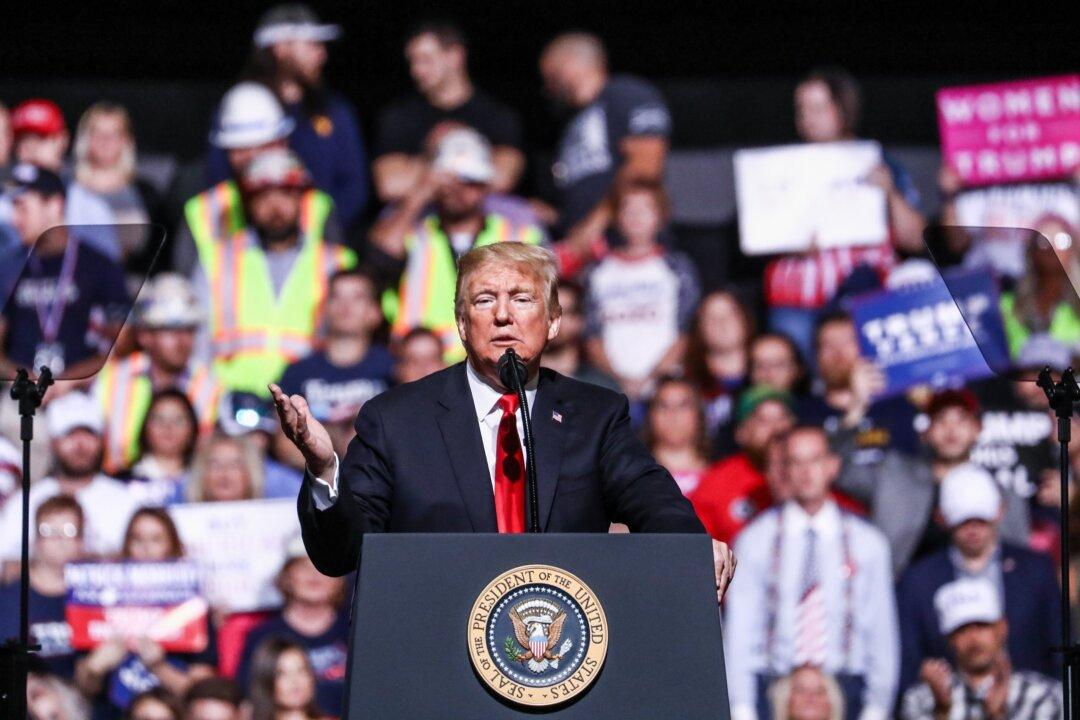President Donald Trump will preside over a meeting with leaders of large internet and social-media companies as well as some critics of those companies, according to National Economic Council Director Larry Kudlow.
The summit should be held in the coming weeks, and Google CEO Sundar Pichai committed to participating when the two met last week, Kudlow said.





